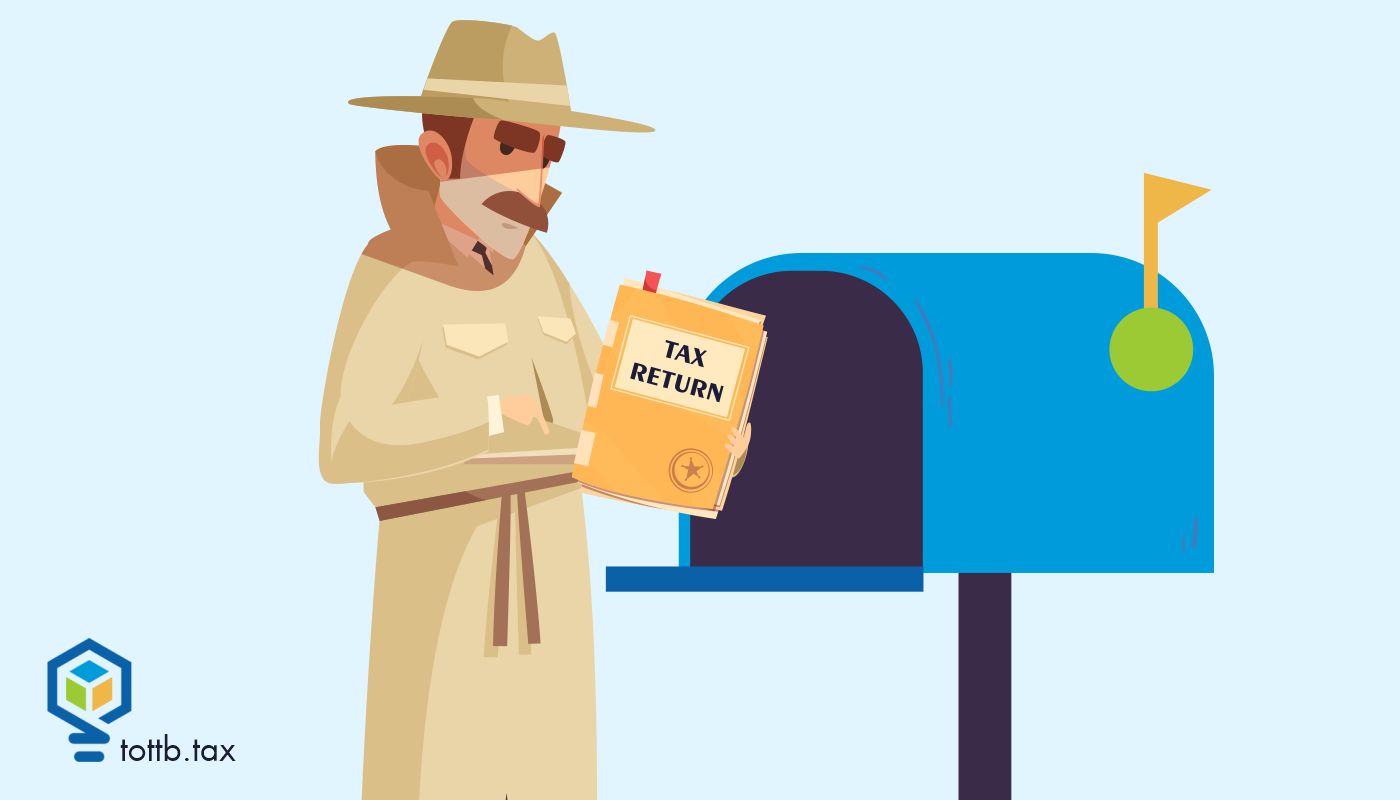
Real Estate Developments Investments with Mineral Easements Option Course
This session will cover the basics of tax-efficient real estate strategies, specifically real estate development investments with a conservation easement option. The structure of each type of offering will be outlined in detail. The history of the laws addressing conservation easements will be discussed including an in-depth explanation on the current legislative landscape. Since the nature of each deal is driven by an underlying commodity, details outlining valuation and current market trends will be covered including the appraisal processes. Partnership voting will also be explained.











